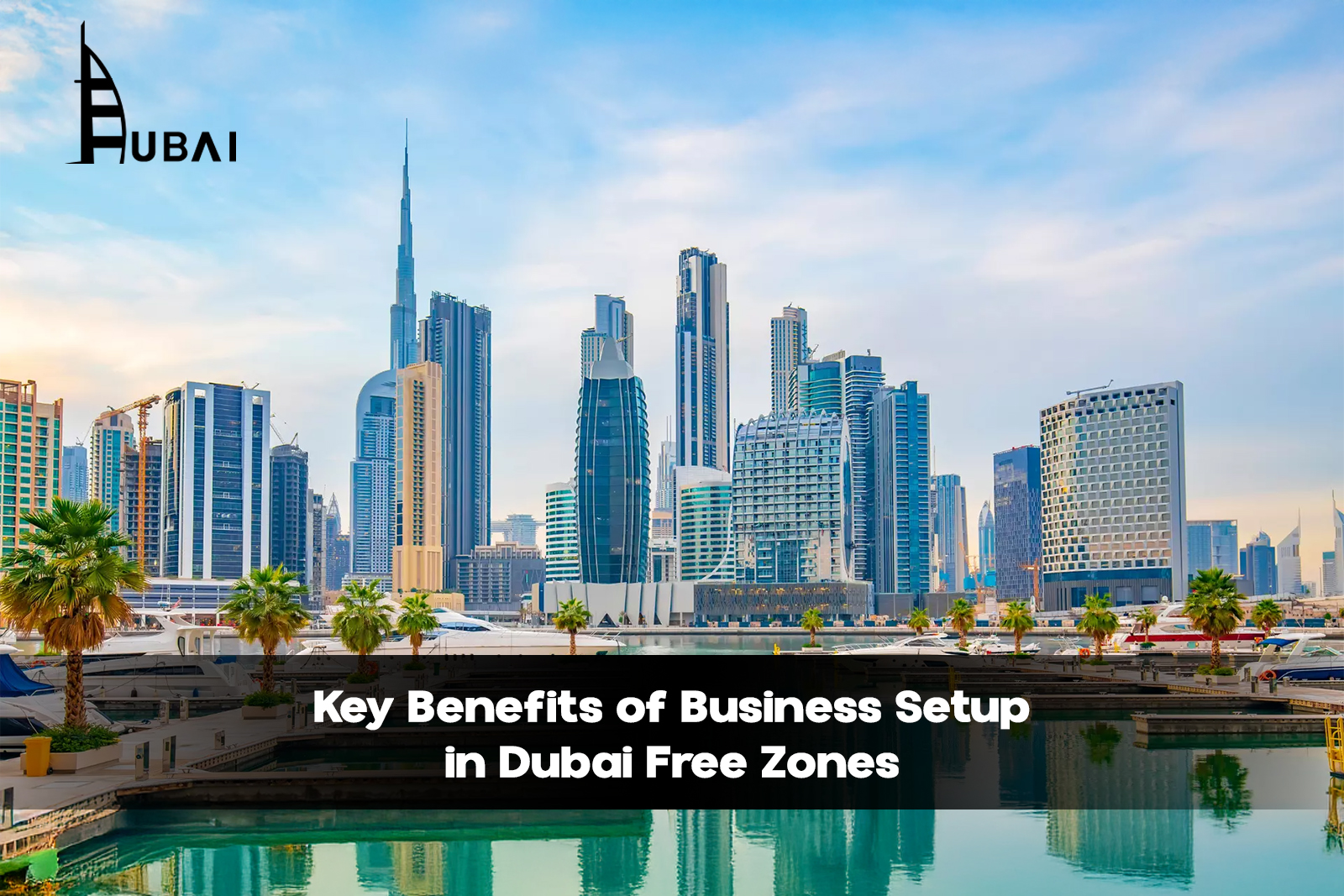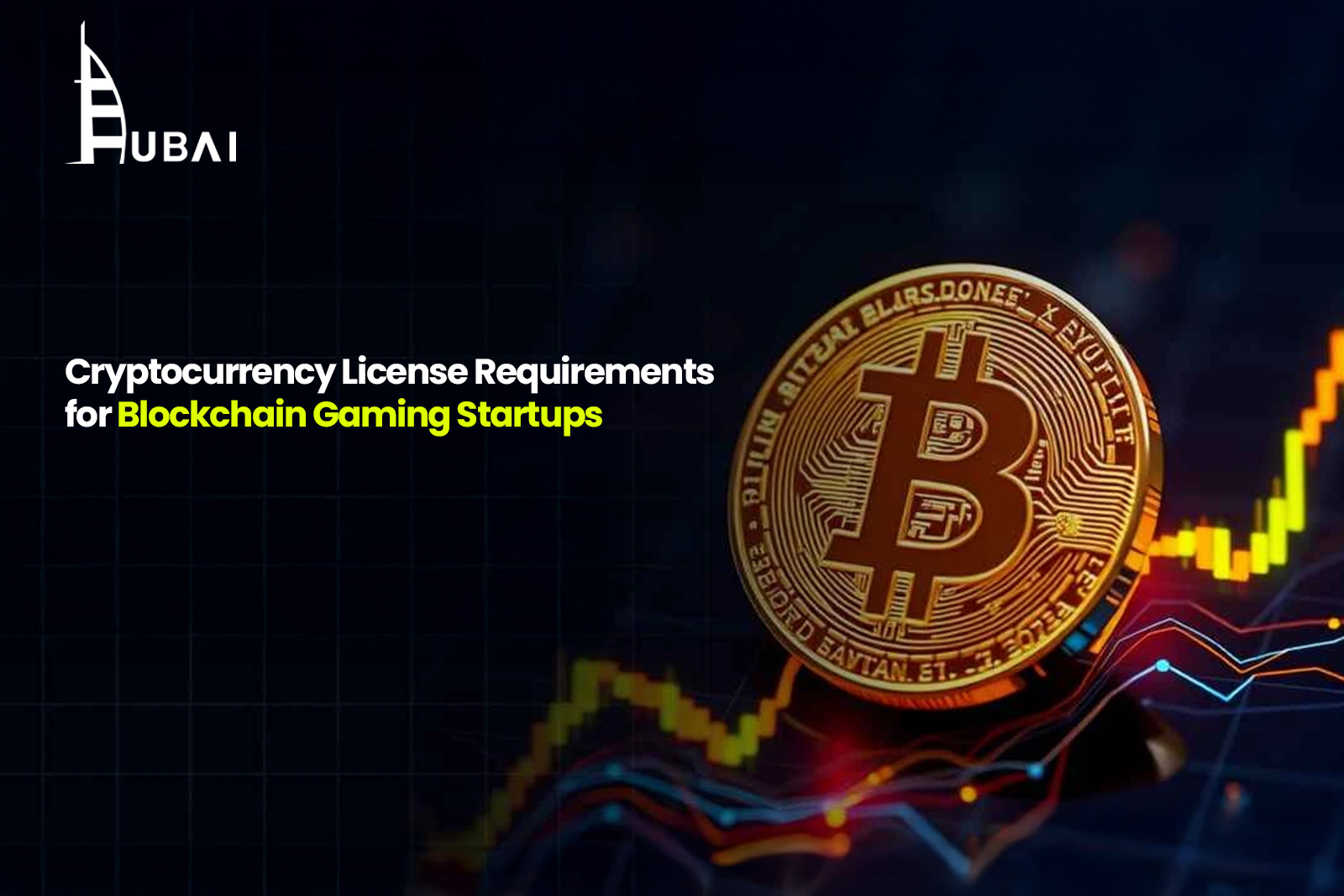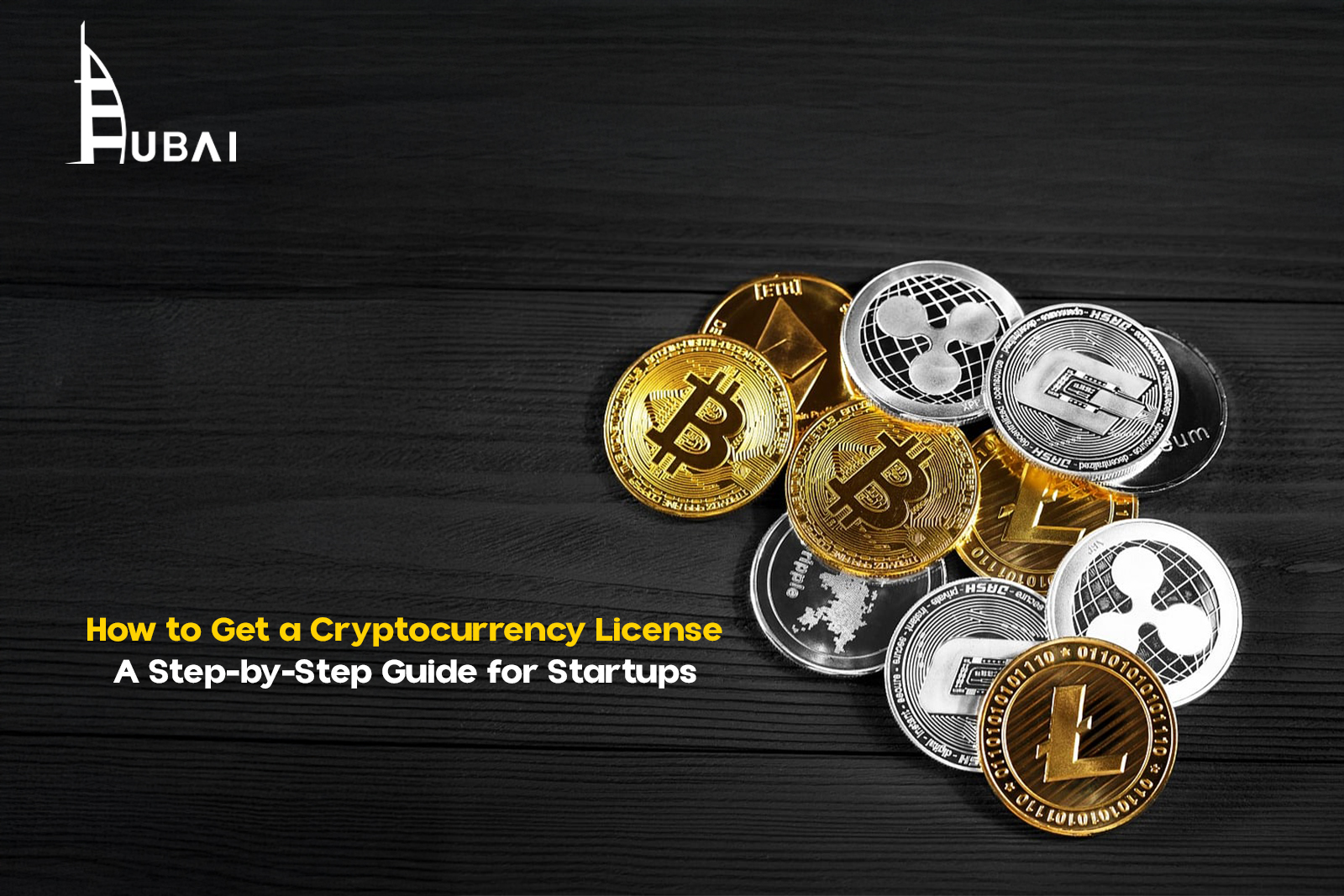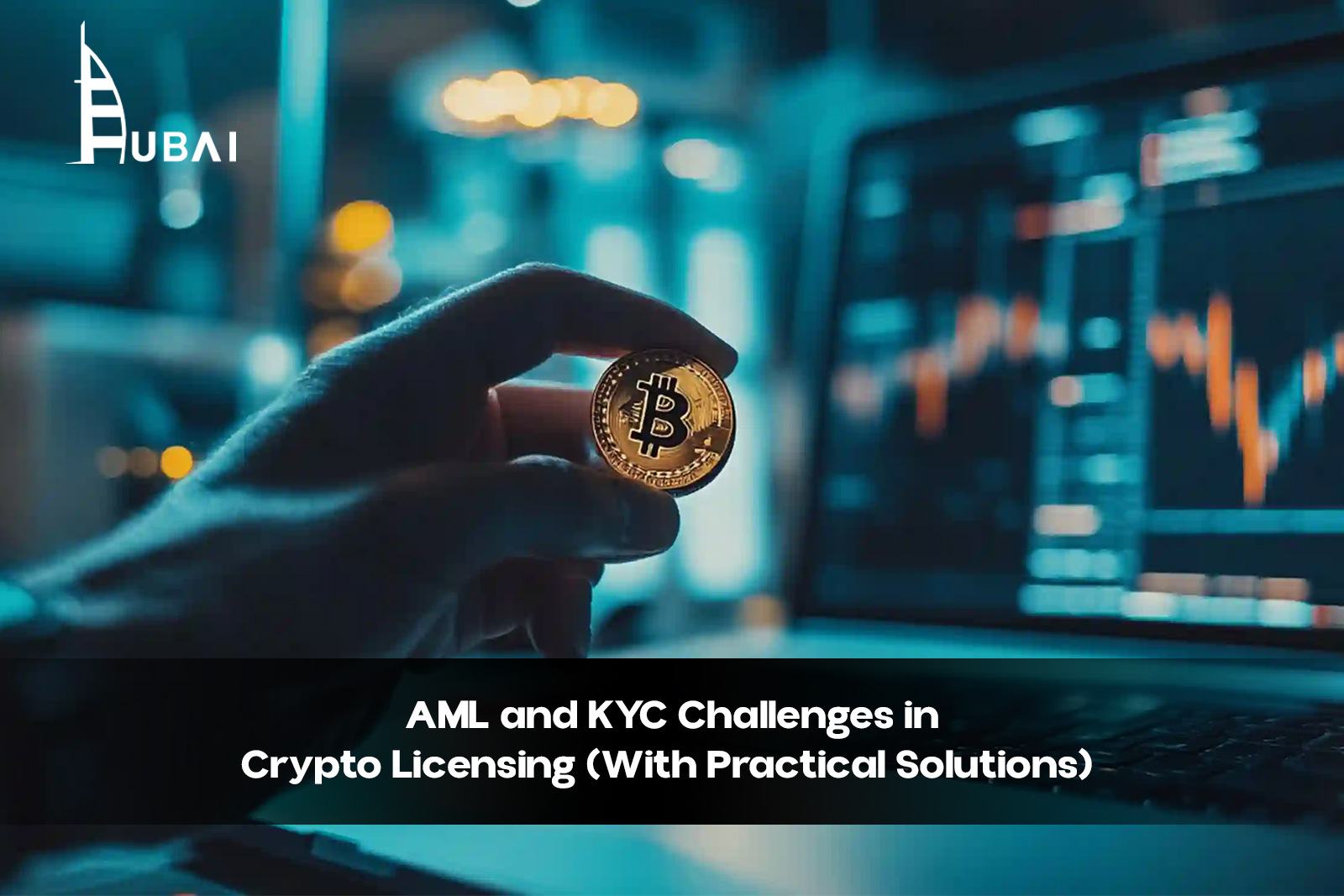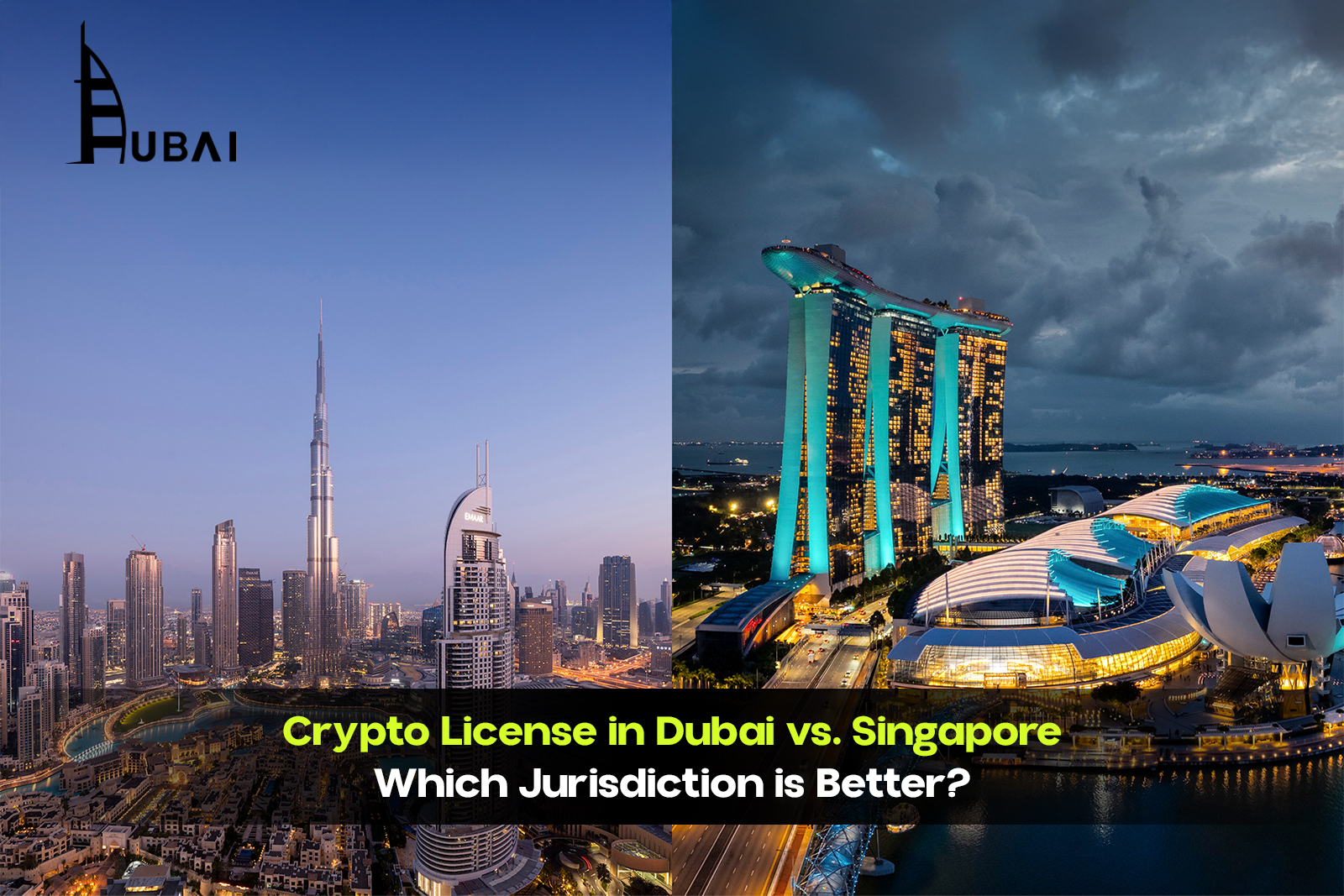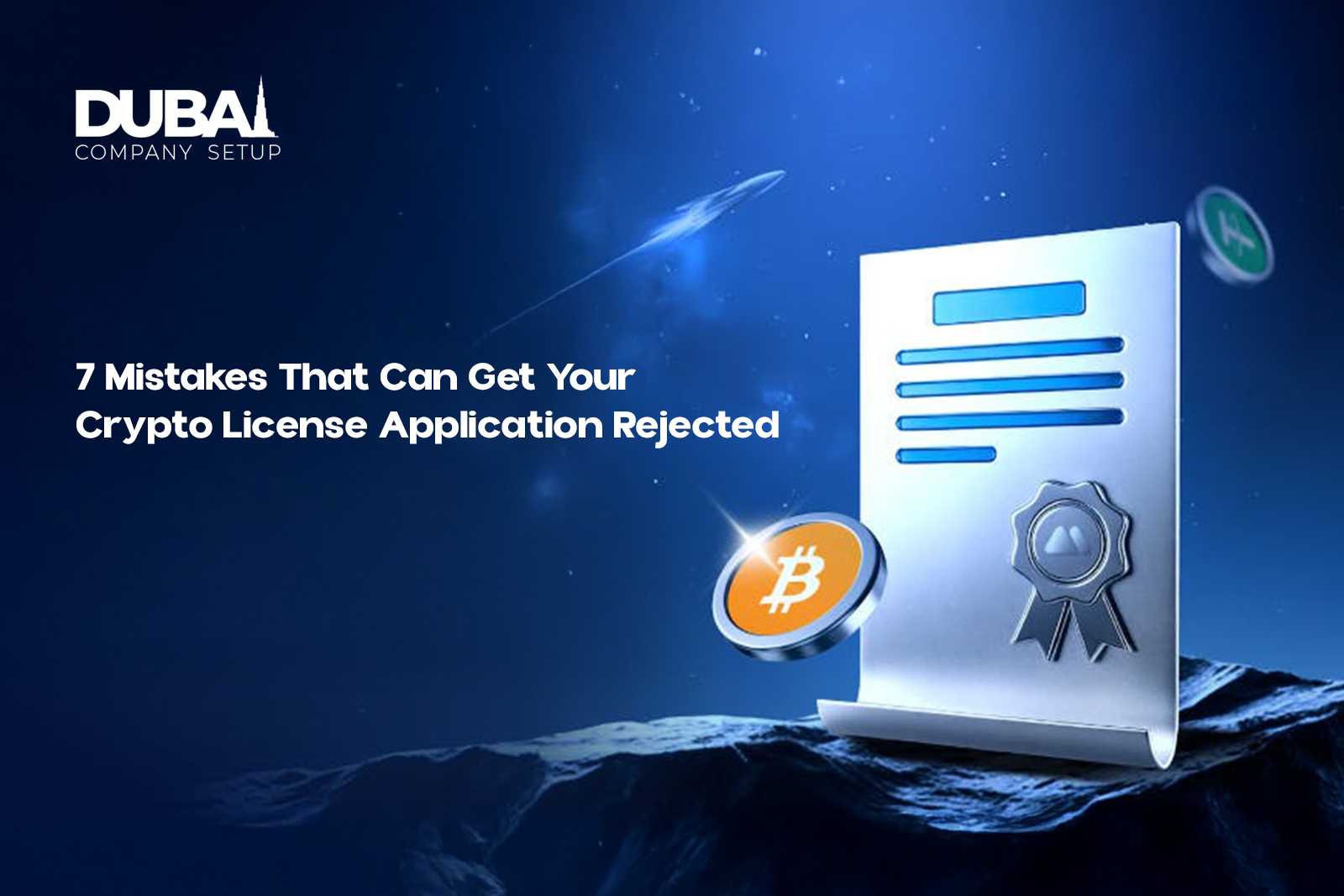Cryptocurrency has evolved from a niche technology into a global financial revolution, creating opportunities for startups, exchanges, and blockchain enterprises. As digital assets and blockchain adoption grow, entrepreneurs face a crucial question: Where should I set up my crypto business- Dubai or Singapore?
Both jurisdictions offer attractive benefits, regulatory clarity, and tax advantages, but each has unique nuances that can affect your business model, costs, compliance, and growth potential. In this guide, we’ll explore the differences, requirements, and advantages of obtaining a crypto license in Dubai vs. Singapore, helping you make an informed decision for your venture in digital assets.
Understanding Crypto Licenses
Before diving into jurisdictions, let’s clarify what a crypto license entails.
A crypto license grants legal permission to operate cryptocurrency businesses such as:
- Crypto exchanges – platforms for buying, selling, or trading digital assets
- Wallet providers – businesses that store and manage cryptocurrencies for users
- ICO/STO/crypto fundraising platforms – enabling token offerings
- Blockchain-based financial services – fintech platforms leveraging digital assets
Regulators issue these licenses to ensure compliance with anti-money laundering (AML), counter-terrorist financing (CTF), and know-your-customer (KYC) requirements.
Dubai Crypto Ecosystem Overview
Dubai has emerged as a crypto-friendly hub, attracting blockchain startups, crypto exchanges, and fintech innovators. The UAE government has made digital assets a key part of its strategy to become a global tech hub.
Key Features:
- VARA License Dubai – The Virtual Assets Regulatory Authority (VARA) governs crypto licenses in the UAE. VARA provides a comprehensive framework for digital asset companies, including exchanges, custodians, and token issuers.
- Crypto Free Zones – Dubai Multi Commodities Centre (DMCC) and Dubai International Financial Centre (DIFC) offer specialised free zones for crypto businesses with 100% ownership and tax benefits.
- 0% Corporate Tax on Crypto Gains – Dubai imposes no corporate tax on crypto trading profits (except for certain sectors), making it attractive for investors.
- Blockchain Infrastructure Support – Dubai’s Smart City initiatives and blockchain programs provide infrastructure, partnerships, and networking for crypto ventures.
Popular Dubai Crypto Licenses:
- VARA License
- DMCC Crypto License
- DIFC Digital Asset License
Requirements typically include:
- Business plan and corporate documentation
- Compliance policies (AML/KYC)
- Proof of minimum capital
- Qualified directors and technical experts
Dubai Crypto Free Zone Advantages:
- Full foreign ownership
- Zero personal income tax
- Flexible workspace options
- Access to international banking and fintech services
Singapore Crypto Ecosystem Overview
Singapore is a leading fintech hub in Asia, recognised for its regulatory clarity and stability. The Monetary Authority of Singapore (MAS) governs cryptocurrency and blockchain businesses.
Key Features:
- MAS License – The Payment Services Act (PSA) governs digital payment token services, including crypto exchanges, wallets, and trading platforms.
- Strong Legal Framework – Singapore’s crypto regulations are transparent, emphasising AML, KYC, and consumer protection.
- Global Financial Hub – Singapore offers access to banking, venture capital, and fintech ecosystems, making it ideal for scaling international crypto businesses.
- Tax Benefits – Capital gains are generally tax-exempt, though corporate income tax applies to crypto businesses generating revenue.
Requirements for MAS License:
- Application under the PSA
- Registered business entity in Singapore
- Robust compliance, cybersecurity, and audit frameworks
- Fit and proper directors and key personnel
Singapore Advantages:
- Stable regulatory environment
- Access to ASEAN markets
- High credibility for international partnerships
- Strong blockchain community and events
Dubai vs. Singapore Crypto: Regulatory Comparison
| Feature | Dubai | Singapore |
| Regulatory Authority | VARA, DMCC, DIFC | MAS (Payment Services Act) |
| Ownership | 100% foreign ownership in free zones | Full foreign ownership allowed |
| Taxation | 0% corporate tax (most sectors) | Corporate tax applies; no capital gains tax |
| Licensing Process | 3–8 weeks (varies by free zone) | 4–6 months |
| Compliance Requirements | AML, KYC, internal controls | AML, KYC, cybersecurity, audit |
| Blockchain Support | Dubai Blockchain Strategy, Smart City initiatives | Strong fintech ecosystem, grants for blockchain projects |
| Banking Access | Access is possible but can be selective | Easier access to traditional banks, global payment solutions |
| Reputation for Crypto | Emerging hub, aggressive growth | Established financial hub, stable and regulated |
Benefits of a Crypto License in Dubai
- Rapid Approval Process – Compared to Singapore, Dubai offers faster licensing timelines, especially in free zones.
- Tax Advantages – Dubai’s 0% corporate tax on crypto profits is highly attractive for traders and exchanges.
- Free Zone Flexibility – Businesses enjoy complete ownership, minimal restrictions, and business-friendly infrastructure.
- Strategic Location – Dubai connects the Middle East, Europe, and Asia, enabling access to multiple markets.
- Government Support – Dubai encourages blockchain adoption via initiatives like the Dubai Blockchain Strategy, creating opportunities for partnerships and visibility.
Benefits of a Crypto License in Singapore
- Regulatory Stability – MAS is known for clear, predictable regulations.
- International Credibility – Singapore licensing adds credibility with investors and banks.
- Market Access – Access to Southeast Asia’s growing crypto and fintech markets.
- Comprehensive Legal Framework – Singapore enforces strong investor protection and AML compliance.
- Networking Opportunities – Participation in fintech hubs, accelerators, and blockchain consortiums.
Costs Comparison
While costs vary by business size and activity, here’s a general comparison:
| Cost Component | Dubai | Singapore |
| License Fees | VARA License: Approx. USD 10k–15k; Free Zone Packages vary | MAS PSA License: Approx. USD 12k–20k initial fees |
| Office Requirement | Free Zone: Virtual or physical office options | Physical office required; flexible space possible |
| Capital Requirement | Varies by activity, often USD 50k–100k | Minimum capital typically USD 50k+ |
Insight: Dubai may offer cheaper and faster setup, whereas Singapore emphasises regulatory credibility and access to investors.
Business Environment for Crypto in Dubai
Dubai’s blockchain-friendly initiatives have made it a hotspot for exchanges, NFT marketplaces, and DeFi startups.
- Crypto Exchanges: BitOasis, Rain, Binance (regional offices)
- Blockchain Startups: Smart contracts, tokenisation projects
- Networking & Events: Dubai Blockchain Week, Future Blockchain Summit
The combination of tax benefits, free zones, and government support makes Dubai appealing for startups and traders aiming for speed and operational flexibility.
Business Environment for Crypto in Singapore
Singapore offers:
- Established Exchanges: Binance SG, Coinhako, Luno
- Innovation Hubs: Blockchain accelerators and research centres
- Access to Funding: Venture capital and private equity for fintech and crypto
- Reputation for Compliance: Preferred for institutional investors due to stable regulations
Singapore is ideal for businesses targeting long-term credibility, compliance, and regional expansion.
Crypto Trading and Digital Assets
Both jurisdictions support crypto trading, but approaches differ:
- Dubai Crypto Trading – Active trading allowed under VARA license; minimal tax; flexible regulatory reporting.
- Singapore Crypto Trading – MAS closely monitors exchanges; strong AML/KYC enforcement; trusted for institutional trading.
Digital asset services, including wallets, token issuance, and custody, are supported in both regions but with different compliance stringency.
Key Factors to Consider
When choosing between Dubai and Singapore for a crypto license, evaluate:
- Business Model – Are you trading, providing exchange services, or developing blockchain solutions?
- Market Reach – Dubai offers Middle East access; Singapore connects to ASEAN and global markets.
- Regulatory Preference – Dubai favors flexible regulations; Singapore favors transparency and compliance.
- Taxation Goals – Dubai’s 0% corporate tax may benefit traders; Singapore offers capital gains advantages but corporate income tax applies.
- Operational Speed – Dubai licenses are quicker; Singapore licensing takes longer but offers stability.
Expert Tips for Entrepreneurs
- Hire a Local Consultant – Both VARA and MAS processes benefit from local expertise.
- Prepare Compliance Documents – AML, KYC, and cybersecurity frameworks are mandatory.
- Select Free Zone Wisely in Dubai – DMCC vs. DIFC depends on business model and banking requirements.
- Plan Funding Strategy – Singapore may facilitate better access to international investors.
- Leverage Networking Events – Both regions offer fintech summits, but Dubai emphasises blockchain partnerships.
Dubai vs Singapore Crypto License
- Dubai – Best for fast setup, tax efficiency, operational flexibility, and Middle East market penetration. VARA licenses and free zones create a favorable business climate for startups and traders.
- Singapore – Best for long-term credibility, regulatory stability, institutional trust, and access to ASEAN markets. MAS licenses are ideal for businesses targeting global investors.
Ultimately, the “better” jurisdiction depends on your business goals, regulatory appetite, market access, and investment strategy. Entrepreneurs focused on speed, tax efficiency, and Middle East growth may prefer Dubai, while those prioritising stability, global credibility, and Southeast Asia expansion may lean towards Singapore.
About Vista Corporate Group:Vista Corporate Group provides business setup, licensing, and consulting services in Dubai, guiding crypto entrepreneurs to navigate VARA licenses, free zone setups, and regulatory compliance efficiently. Our experts help you choose the right jurisdiction, structure your business, and access the UAE crypto market confidently.




